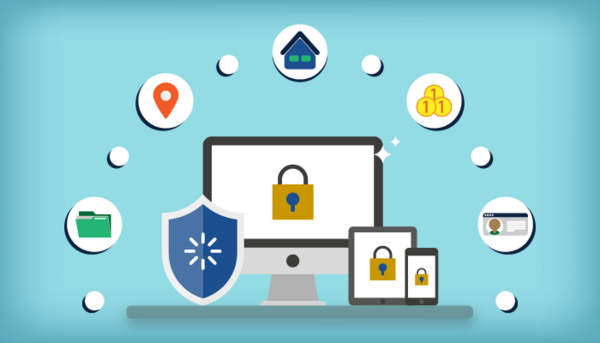
Identity is something unique to each person. It is a mix of experiences, characteristics and behaviors that make a person who they are.
Identity is also made up of the paper trail and data left behind on social media, in online forms and other accounts (like Amazon and Google for example) throughout a person’s life. It’s this information that scammers use to commit identity theft.
To keep your identity safe online, follow these smart tactics to protect your identity from scammers:
Stay Alert for Phishing Scams
Phishing scams continue to increase University-wide. Faculty, staff, students and alumni have all received various types of phishing scams via emails, texts and phone calls. These types of scams target people in various ways and use all types of technology - including AI and voice mimicking - to trick people.
Students are often the targets of job scams, which offer unsolicited too-good-to-be-true job opportunities, often presenting to be associated with the University.
If you encounter a phishing attempt, do not respond, click links or open attachments. Report the message to information security right from your inbox and then delete the message right away. You can learn more about reporting and avoiding phishing in this knowledge article.
Follow Strong Password Guidelines
Passwords are needed to access all types of accounts online like bank accounts, email inboxes, bill payment services - you name it! Creating strong passwords that are long and complex is critical to laying a foundation of protection for your accounts.
It’s also important to have a unique password for each account you own. This way, if one of your accounts is compromised, the cyber criminal will not be able to use the same password to get into your other accounts. The password standard at Notre Dame is a minimum of 16 characters.
Keep it Easy with a Password Manager
With the amount of passwords the average person needs to remember, making up long and unique passwords for each account can be challenging. By using a password manager tool, you can simplify the entire process! These tools can generate secure passwords for you and manage them all in one convenient place.
Notre Dame uses the 1Password tool, which is offered at no cost to all staff, faculty and students for both campus-related and personal use.
Turn on Multi-Factor Authentication
If available, it’s always a great idea to add multi-factor authentication as another security control to protect your accounts. Many social media platforms, financial institutions and online retailers (among others) offer this additional security measure.
Requiring a second factor to confirm your identity before the login process is completed helps minimize unauthorized access. Notre Dame uses Okta two step login to provide access to its many online services available to faculty, staff and students.
More information about ways to protect yourself against identity theft is available on the FTC website.